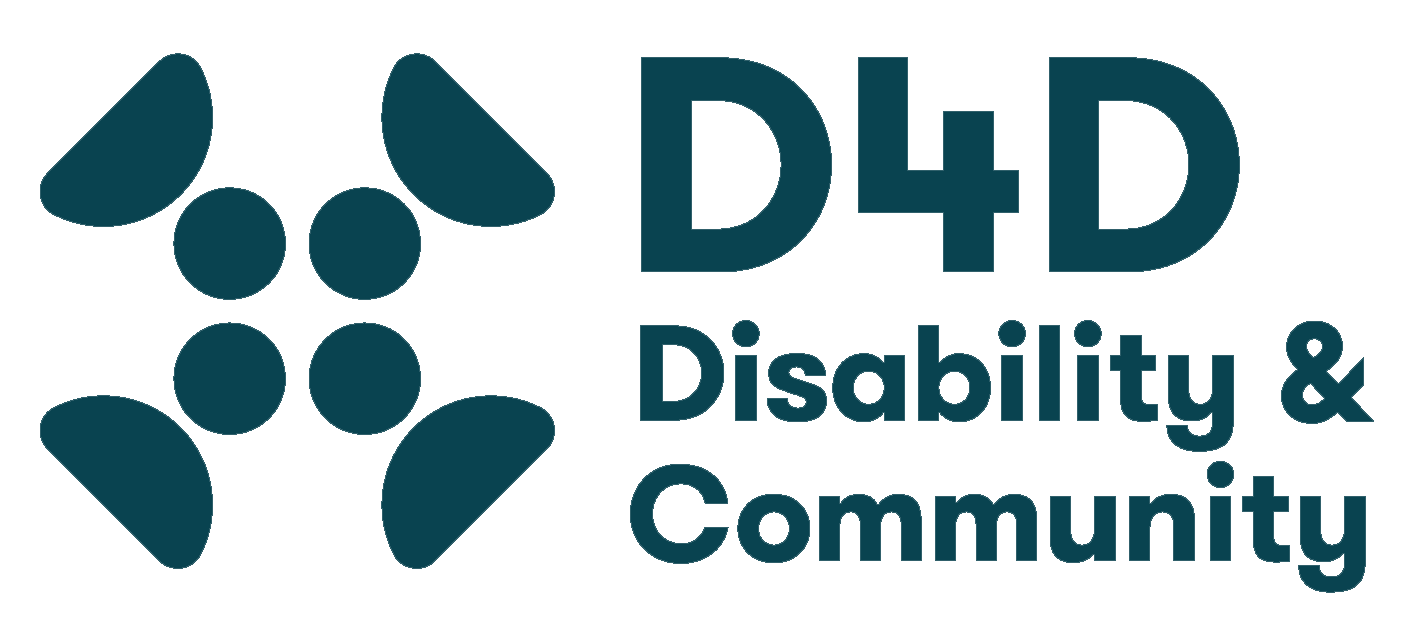Last week, on a dank and drafty Halloween evening, my colleague Rebecca Yeo and I co-facilitated a workshop at Bath University. Our workshop was on ‘Disability and hate crime in higher education’ and was part of a newly created six-week course titled ‘Tackling Hate Crime in Higher Education.’.

Empathy and imagination exercise.
The organisers Dr Aurelien Mondon, Josh Callander and Katy Brown explain the conception of the course thus:
Through the Teaching Development Fund staff from the Department of Politics, Languages and International Studies and the Equality, Diversity and Inclusion team have created a six-week course for undergraduate students on ‘Tackling Hate Crime in Higher Education’. Core to our aims is to provide Bath students with an opportunity to develop personal skills relevant to their current context and beyond, through learning about hate crime and discrimination and their impact on groups within higher education. More information on the project is available on the #THCinHE website.
Our particular workshop was the fifth in a powerful series that included themes such as power and privilege, gender and sexual orientation, race and racism and social change campaigning. The course has been developed to provide students the opportunity to learn more about hate crime in higher education and how to provide support for victims and develop social change campaigns with an eye for a more inclusive and integrated future for all.
In brief, Rebecca and I needed to cover a lot of ground in the two-hour session and were worried that some of the content might be upsetting or difficult to process but all 14 participants, 15 if you include Mitzie my guide dog, were focused and engaged throughout. We discussed ideas around disability itself and explored the various models of disability; medical, charitable, social and bio-psychosocial.
We then moved onto hate crime itself and examined how the media could be used to stigmatise and further isolate and exclude a disabled community. We looked at the dangers of prejudice with reference to Alport’s Scale
Rebecca then showed a short film of a disabled Kurdish refugee Kamil, who was struggling and frightened by the system that seemed continually to thwart and exclude him. In the film he spoke movingly about his anxiety and depression and anger.
Tragically Kamil was later murdered a crime that could have been prevented had he had the proper and compassionate support.
After a break we went onto talk about personal experiences of hate crime outside the academy and access and exclusion issues from within. Rebecca introduced ideas around intersectionality and we looked again at Kamil’s case. Some of the students also shared personal stories and we went on to discuss types of exclusion, the impact these issues have and finally this fed into a discussion about what could be done.
We recognised how important it was to have disabled people involved in any discussion around access and inclusion. It is vital to share personal stories of the lived experience, to creatively source ways to connect with others in order to allow compassionate empathy and forge resilient communities, perhaps forming disabled staff and student networks and cross university ‘access and inclusion’ groups.
It was a powerful and packed couple of hours and Rebecca and I would like to thank all the attendees and the organisers. With passion and compassion, we fight on!
